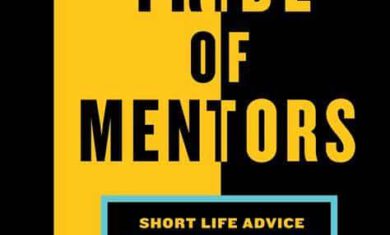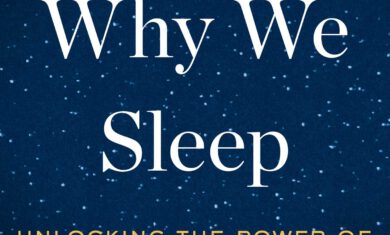Every now and then you hear a story of someone who was killed in a car accident because they were wearing a seatbelt. Perhaps the car went into the water, or caught on fire, and the person couldn’t escape in time because of the seatbelt. It’s awful, and if it happens to someone you know it can really make an impact on your beliefs.
The problem is when you use that horrible anecdote to convince others not to wear their seatbelt, despite decades of data showing that seatbelts make you orders of magnitude safer in an accident.
This issue of anecdotes goes far beyond seatbelts and can be equally problematic in other areas such as public health (particularly vaccines) and nutrition.
In a recent blog post from Seth Godin, he shared:
In issues of public health, how loudly do we hear anecdotal stories compared to how clearly are we presented with verifiable and relevant statistics?
Anecdotes can be very powerful, especially if they’re related to a situation with a family member or close friend, but keeping your eye on the statistics will almost certainly lead to better outcomes for everyone.




